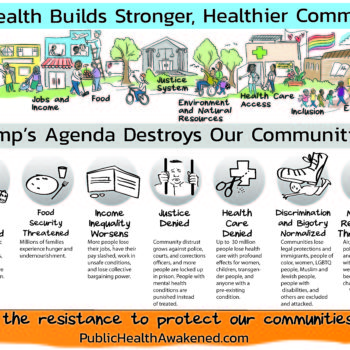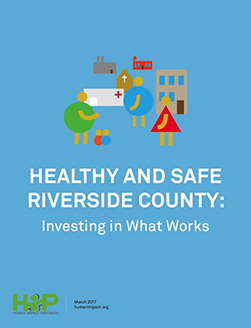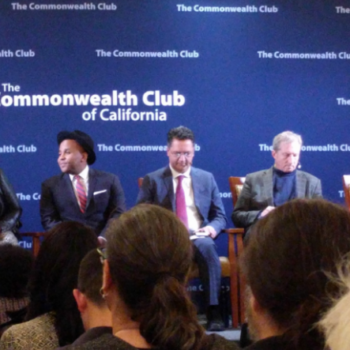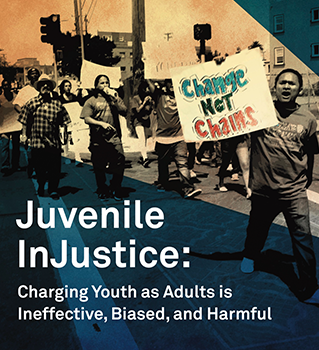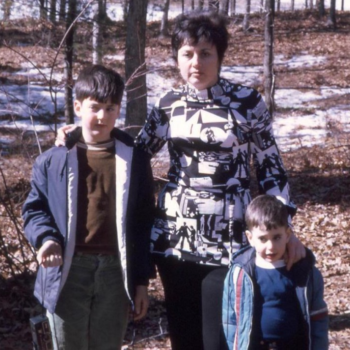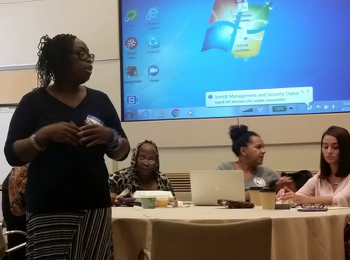April 3, 2017
| By Holly Avey | Let’s talk about wealth inequities. The current presidential administration, including the vice president, the chief of staff, and the emerging cabinet, have more wealth than one-third of Americans combined. Concentrated wealth creates concentrated power. And indications suggest that this particular group of very wealthy individuals may be more […]



